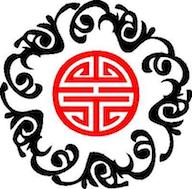Chinese herbal therapy includes five major clinical applications:
- Nutritional education is stressed to assist patients in choosing foods for the body’s nurishment and optimum health, as well as for treatment of disease. Foods have many similar properites to herbs.
- Teas and Soups are water-based herbal formulas traditionally prepared from raw or processed herbal ingredients. These are traditionally ingested for the treatment of internal and external disorders of both acute and chronic natures.
- Tinctures and Wines are both alcohol-based herbal formulas prepared from raw herbs that are used similarly to teas and soups. Wines are traditionally applied externally to alleviate pain, or ingested as a tonic, depending on the specific formula and the disease being treated.
- Oils, Balms, and Liniments are oil-based herbal formulas usually applied externally for the treatment of muscle, tendon, and ligament trauma, to alleviate pain, disperse Excess Qi, or to draw Qi into specific areas for tonification.
- Compresses, Powders, and Pills consist of herbs that have been pulverized into a paste, powder, or poultice and are then applied externally for the treatment of acute or chronic injuries. They can also be ingested for internal organ tonification and the rebalancing of the body’s energy system. Pills are herbs specially prepared from traditional formulas, rolled into little balls, and orally ingested for the treatment of Internal disorders.
